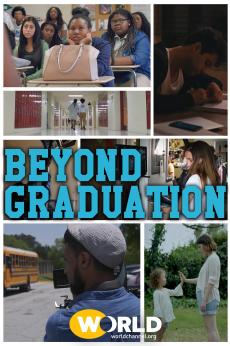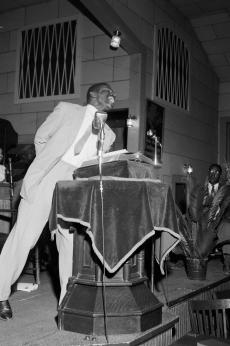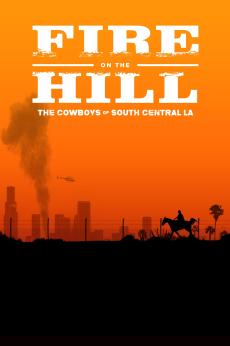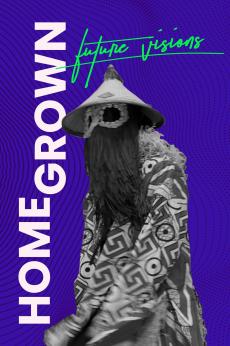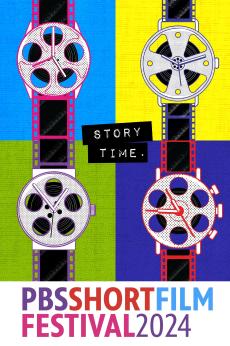Blurring the Color Line
BLURRING THE COLOR LINE follows director Crystal Kwok as she unpacks the history behind her grandmother’s family, who were neighborhood grocery store owners in the Black community of Augusta, Georgia during the Jim Crow era. By centering women’s experiences, Kwok poses critical questions around the intersections of anti-Black racism, white power, and Chinese patriarchy in the American South.
Previews + Extras

Blurring the Color Line | Preview
S11 E4 - 30s
BLURRING THE COLOR LINE follows director Crystal Kwok as she unpacks the history behind her grandmother’s family, who were neighborhood grocery store owners in the Black community of Augusta, Georgia during the Jim Crow era. By centering women’s experiences, Kwok poses critical questions around the intersections of anti-Black racism, white power, and Chinese patriarchy in the American South.

Blurring the Color Line | Trailer
S11 E4 - 1m 12s
BLURRING THE COLOR LINE follows director Crystal Kwok as she unpacks the history behind her grandmother’s family, who were neighborhood grocery store owners in the Black community of Augusta, Georgia during the Jim Crow era. By centering women’s experiences, Kwok poses critical questions around the intersections of anti-Black racism, white power, and Chinese patriarchy in the American South.

Blurring the Color Line | A Black and Chinese Neighborhood
S11 E4 - 1m
In Augusta, Georgia's Black neighborhood, Chinese-owned grocery stores once lined the streets. Black residents talk about the stores they used to shop at when they were younger, sharing how each business supplied essentials and more for the community. For the Chinese, owning a small business provided an economic means to move up socially...but only to a point.

Blurring the Color Line | James Brown
S11 E4 - 53s
Deanna Brown talks with Blurring the Color Line filmmaker Crystal Kwok about her father, the music legend James Brown, who grew up in Augusta, Georgia. She tells of his young life living in the Southern city and having to work in one of the Chinese-owned grocery stores to survive through poverty - this was very much like the lives of other Black residents.

Blurring the Color Line | The 1970 Augusta Riot
S11 E4 - 1m
In 1970, the Georgia city of Augusta erupted into a riot that became the largest uprising of Black Americans in the South. Sixteen-year-old Black teenager, Charles Oatman, was arrested and then died in a county jail; his brutal death turned a protest into a riot that led to the killings of six Black men by white police officers...this piece of American history has been largely forgotten.

Blurring the Color Line | A Community Together
S11 E4 - 1m 7s
Residents relive the aftermath of the Augusta Riot, talking about what they had experienced over three days in 1970. Many of the Georgia city's businesses were vandalized but not the Chinese-owned grocery stores that had openly welcomed and served the Black community - over the years, some Black and Chinese residents had built close and trusting relationships.

Blurring the Color Line | Mixed Race: Being Black & Chinese
S11 E4 - 2m 56s
LeAnna Saucier and her daughter Asia open up about being mixed race - both Black and Chinese - and the indelible experiences they had growing up surrounded by their extended Chinese family. Though they have many warm memories, LeAnna and Asia also share the times each felt unaccepted by their own family and others.

Blurring the Color Line | Jim Crow Laws
S11 E4 - 16s
In Augusta, Georgia's history, Chinese residents were allowed to enter stores through the front door like white customers. But Black residents had to go to the back door marked for "colored" people. As fellow minorities in the Southern city, why were the Chinese afforded certain privileges?

Blurring the Color Line | Acceptance?
S11 E4 - 1m 14s
Senior members of Georgia's First Baptist Church of Augusta sit together to talk with filmmaker Crystal Kwok about their shared but separate histories. While the wife of the minister and the deacon - both white - tell of their acceptance of the Chinese community, the Chinese churchgoers address the dreams and realities they dealt with during that time.
Similar Shows
WETA Passport
Stream tens of thousands of hours of your PBS and local favorites with WETA Passport whenever and wherever you want. Catch up on a single episode or binge-watch full seasons before they air on TV.
